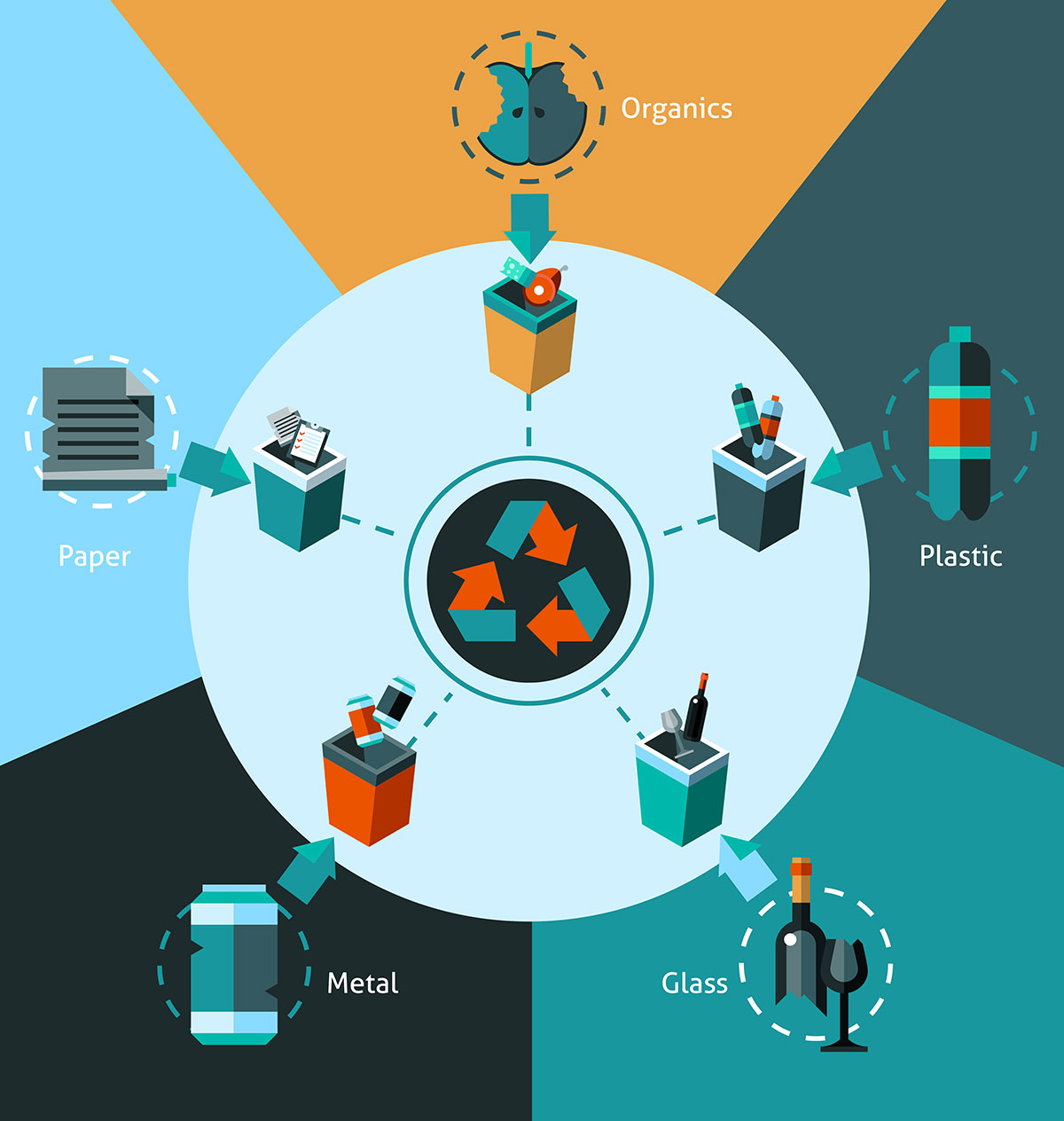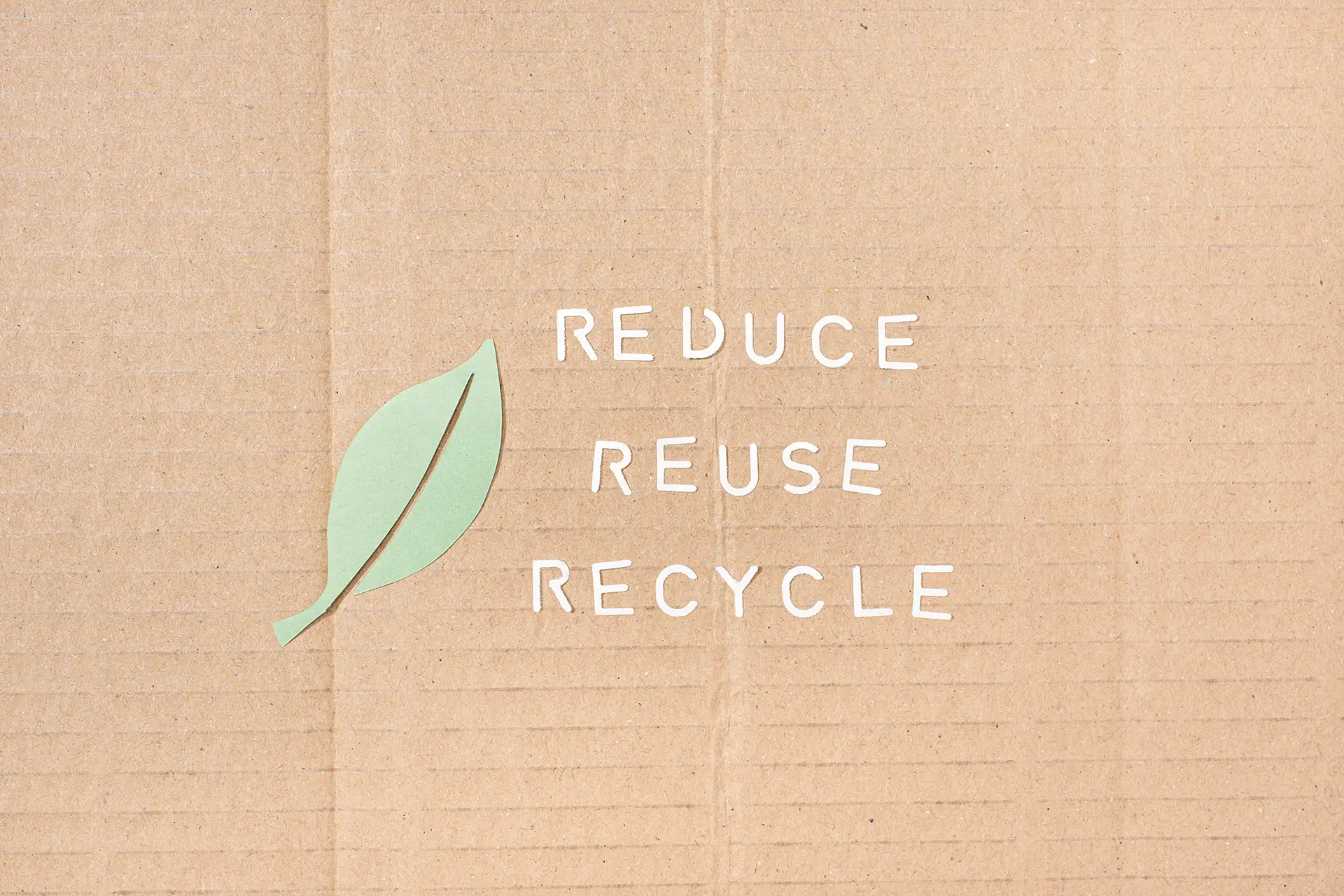EU Regulation 2024/1781 on Ecodesign (ESPR – Ecodesign for Sustainable Products Regulation), in force since 18 July 2024, introduces a regulatory framework for the sustainable design of products, promoting the adoption of practices that favor their durability, recyclability and reduction of environmental impact throughout the life cycle. This regulation is part of the European strategy for sustainability, seeking to achieve ambitious goals in terms of reducing natural resources and improving the efficiency in the use of raw materials.
Sustainable Design and Packaging
The regulation aims to promote more eco-friendly product design, focusing on criteria that reduce environmental impact, such as limiting hazardous substances, optimising energy efficiency and increasing recyclability.
For packaging, this means choosing materials that can be easily reused or recycled, reducing the volume of waste and improving the circularity of the material.
Digital Product Passport
A key element of the regulation is the introduction of the Digital Product Passport (DPP), a tool that provides transparent and detailed information on the life cycle of a product, including its eco-friendly characteristics, waste management and overall sustainability. This digital passport is designed to support consumers, authorities and businesses in assessing the environmental impact of products and to facilitate traceability throughout the supply chain.
Ban on Destruction of Unsold Goods
The regulation also includes a ban on the destruction of unsold goods, a measure that contributes to the fight against waste and promotes greater responsibility in business practices. The idea is to encourage reuse, recycling or other end-of-life management of products, reducing the need to dispose of unused items in landfill or through physical destruction.
Link to PPWR
The Packaging and Packaging Waste Regulation (PPWR) focuses on the management of packaging and packaging waste, setting targets for circularity and reducing the environmental impact of packaging. The relationship between Regulation 2024/1781 and the PPWR is crucial, as the former establishes design criteria to reduce the use of hazardous substances and foster sustainability, while the latter specifically addresses the management of packaging and packaging waste. The presence of Substances of Concern (SoC), such as heavy metals and other hazardous chemicals, is a key element in both regulations. The reduction of these substances is a key objective to improve the sustainability of packaging and foster material circularity.
Substances of Concern
SoCs are defined in PPWR as those substances that meet certain hazard criteria, for example, substances that are toxic, persistent in the environment or that may have an adverse effect on human health. Regulation 2024/1781 requires that packaging is designed to minimise the inclusion of these substances, both in the packaging materials themselves and in other components. This could involve, for example, the elimination of heavy metals such as lead, cadmium or mercury, which are harmful to both the environment and health.
ESPR Implementation Timelines and Phases
The implementation of the Ecodesign Regulation will follow a gradual process, with deadlines for the introduction of new rules that promote environmental sustainability in product design and production. The main phases are:
- Establishment of the Ecodesign Forum (Group of Experts on Ecodesign for Sustainable Products and Energy Labelling) at the end of 2024: Reference point for dialogue between the various stakeholders, aimed at defining the guidelines for ecodesign.
- Adoption of the first work plan (by 19 April 2025): Definition of the concrete actions and priorities of the regulation in relation to sustainability.
- Publication of the Delegated Acts on the prohibition of destruction of unsold goods and exemptions (Q2 2025): Important measures for sectors such as textiles and electronics, to reduce the waste of still usable goods.
- Publication of Delegated Acts on the Digital Product Passport (DPP) (by the end of 2025): Introduction of an innovative tool to monitor the environmental characteristics of products.
- Adoption of the first ESPR measures (2026): Measures to regulate product design, with the introduction of specific obligations.
- Entry into force of the first product requirements (2027/2028): Manufacturers will have to comply with new ecodesign requirements that include sustainability and environmental impact reduction obligations.
The delegated acts will establish the design characteristics necessary to ensure the environmental sustainability of products, including new information and performance specifications, the introduction of the DPP, the ban on the destruction of unsold goods and the strengthening of customs controls and market surveillance. The first delegated act will enter into force no earlier than 19 July 2025, giving companies time to adapt to the new obligations.
In conclusion, Regulation 2024/1781 aims to promote a synergy between product sustainability and eco-friendly management of packaging, with the aim of reducing environmental impact, optimising the circularity of resources and encouraging responsible design and production practices.






